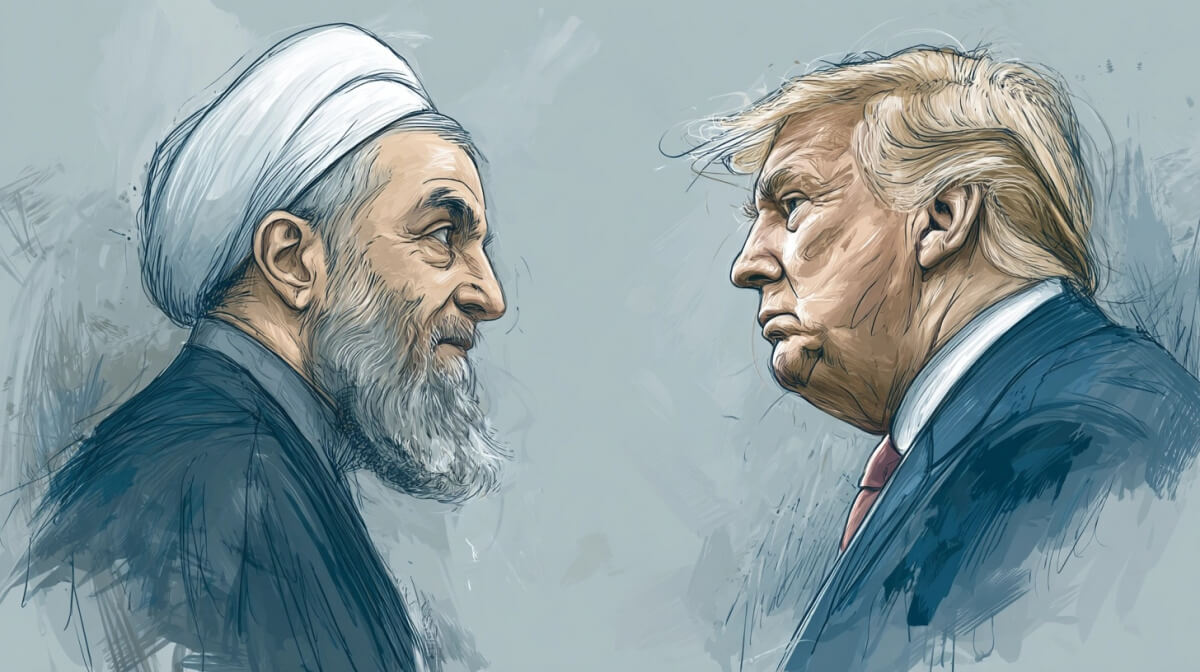In a significant development, Iran has expressed a willingness to agree to substantial nuclear restrictions, a move that could pave the way for a breakthrough in the protracted U.S.-Iran negotiations. Ali Shamkhani, a top adviser to Iran’s Supreme Leader Ayatollah Ali Khamenei, conveyed Tehran's readiness to commit to a deal that would see the country permanently forsake nuclear weapons, in exchange for economic sanction relief.
The unfolding diplomatic efforts were brought to light during an interview with NBC News on Wednesday when Shamkhani disclosed that Iran is prepared to eliminate its reserves of highly enriched uranium, cap future enrichment to non-weapon levels, and accept international inspections to ensure compliance. When probed about Iran's willingness to sign such an agreement immediately if sanctions were lifted, Shamkhani affirmed with a simple "Yes."
President Donald Trump, during a trip to Qatar on Thursday, referred to Shamkhani's remarks, intimating that the negotiations had arrived at a decisive juncture. He mentioned to the Washington Examiner, “You probably read today that Iran has sort of agreed to the terms. They’re not going to be making any nuclear dust in Iran.” Trump emphasized his support for Iran's success as a nation, contingent on their agreement not to pursue nuclear weapons.
These developments follow four rounds of discussions between U.S. and Iranian officials, with talks in Muscat, Oman being described as "encouraging" by U.S. special envoy Steve Witkoff, and "difficult but useful" by Iran’s Foreign Minister Abbas Araghchi. Despite the hints of optimism, Shamkhani remained cautious about U.S. intentions, citing Trump's metaphorical "barbed wire" as opposed to the expected olive branch of peace.
The negotiations are unfolding against a backdrop of political tension in Washington. A letter from nearly every Republican senator, spearheaded by Sens. Pete Ricketts (R-NE) and Ted Cruz (R-TX), has cautioned the administration against allowing Iran any uranium enrichment capacity. The letter, as reported by the Washington Examiner, insists on a redline against any deal that permits Iran any enrichment capability.
Concurrently, Iran has maintained a steadfast stance on its right to enrichment, with Araghchi expressing that while the scope and level of enrichment could be negotiable, the act itself is non-negotiable for confidence-building purposes. This firm position is juxtaposed with reports of growing tensions between the U.S. and Israel, particularly due to Trump's Middle East dealings that seem to sideline Israeli interests.
Former U.S. Ambassador to Israel, Dan Shapiro, noted Israel's alarm at the disconnect between their expectations of Trump and his current policy directions. The complexity of regional relationships is further compounded by strategic shifts, such as the debilitating Israeli strikes on Iranian proxies like Hezbollah, and the sudden collapse of Bashar al-Assad's regime in Syria, which has significantly affected Iran's regional alliances.
Despite these challenges, Iran's latest overtures suggest a desire for stability and a diplomatic resolution, contingent on reciprocal U.S. actions. Trump's confirmation of "very serious negotiations with Iran, for long-term peace," as tweeted by Clandestine, underscores the gravity and potential of the current diplomatic efforts to avert further escalation and establish a mutually acceptable agreement.





